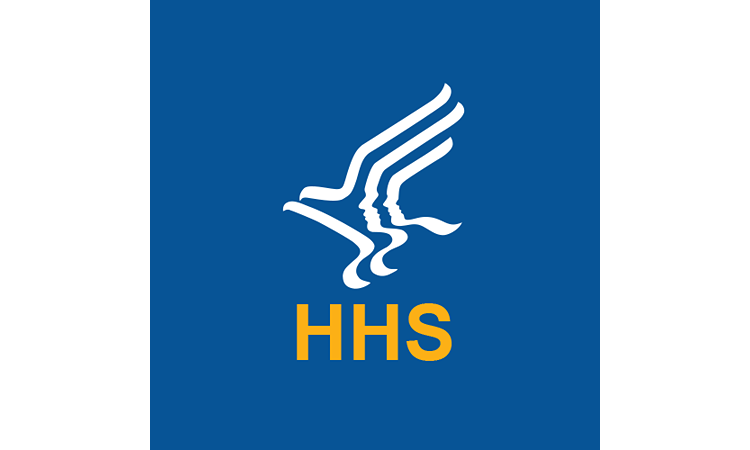By John Kamp, Coalition for Healthcare Communication Executive Director
Sept. 13, 2011 — Debates over health care and related marketing costs are certain to arise as the Congress and White House struggle to reduce the deficit, stimulate the economy and prepare for the upcoming elections. Meanwhile, the IMS Supreme Court decision is causing a stir in industry and in the courts.
Here are four things you need to know:
1. The IMS Supreme Court decision already is shaking up pending court cases involving FDA and HHS-IG enforcement of medical marketing regulations. As you know, the IMS decision undermines FDA’s ability to ban truthful information by drug companies on off-label uses of drugs. Industry and First Amendment lawyers are closely watching the federal Second Circuit Court of Appeals, a court immediately under the Supreme Court. The IMS case has become central to the appeal of Alfred Caronia, a drug representative being charged by the United States with the crime of including off-label information in sales presentations. In a decision expected soon, the appellate court could agree with Caronia’s lawyers that uttering truthful off-label information cannot be made a crime. Several parties filed special comments based on the IMS decision (see Caronia Amicus Brief). One of the most important of these came from the Medical Information Working Group (MIWG), a coalition of seven medical product manufacturers who recently filed the attached Citizen Petition with FDA asking for clearer off-label regulations. Together, the Supreme Court decision, the MIWG Citizen Petition, and the upcoming U.S. v. Caronia decision could lead to dramatic changes in medical marketing regulation and enforcement. I will be moderating a panel on these developments at the Sept. 23 FDLI meeting (see FDLI Marketing Conference Agenda). The panel includes Harvey Ashman, General Counsel of IMS, Diane Bieri, General Counsel of PhRMA, and Bert Rein of the Wiley Rein law firm, who served as lead counsel in the Washington Legal Foundation case.
2. The deficit super committee is gearing up and quickly must come up with significant budget cuts or tax increases. While industry fared relatively well in last year’s Affordable Care Act, new money must be found and no income source will be overlooked. Indeed, the Advertising Coalition members were not surprised recently when a group targeted the medicines industry even before the committee’s first meeting. The recommendation came from the Pharmaceutical Care Management Association (PCMA), representing PBMs. PCMA sent the attached letter directly to the leaders of the deficit super committee with several suggestions for saving money by suppressing the use of branded drugs, including elimination of the tax deduction for DTC advertising. The Ad Coalition is working with industry groups, including PhRMA and media associations, to address this and other possible proposals.
3. Congressional action on health care marketing issues most likely will arise as part of PDUFA V, the appropriations bill that must pass by October 2012 to enable funding of the FDA. The FDA draft of that legislation has been in the works for more than a year and is about to be sent to Congress. The current draft includes several modifications
to FDA approval processes, including new fees for devices and generics, but no proposals for additional marketing rules. Knowing this, a coalition of consumer groups made a last-minute plea to HHS Secretary Kathleen Sebelius to include more marketing restrictions. We don’t expect HHS to agree, but know that the consumer groups will press for these changes on Capitol Hill this year and next. You will be hearing much more about PDUFA V before the bill becomes law.
4. As we wait for Sunshine provisions of the Affordable Care Act to be announced by HHS this month (http://www.cohealthcom.org/2011/03/28/coalition-stakeholders-weigh-in-during-cms-“sunshine-act”-call/), we not only are seeing the media future in the age of transparency but are getting much better prepared to handle the media spotlight. Last week, ProPublica and local media outlets filed their second wave of stories publishing data on individual doctors who have received payments for working with us and our medical clients. Although many local news outlets picked up the ProPublica material, reporters often contacted the industry and doctor groups, which worked aggressively to provide background and additional context to the stories. The industry owes special thanks for this to both PhRMA and the Association of Clinical Researchers and Educators (ACRE) (http://www.cohealthcom.org/2011/09/08/propublica-reporters-urged-to-provide-context-and-meaning-to-payment-disclosures/).
And, as always, stay tuned.



